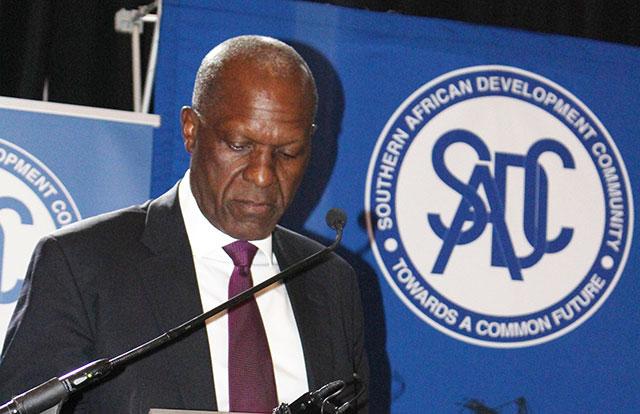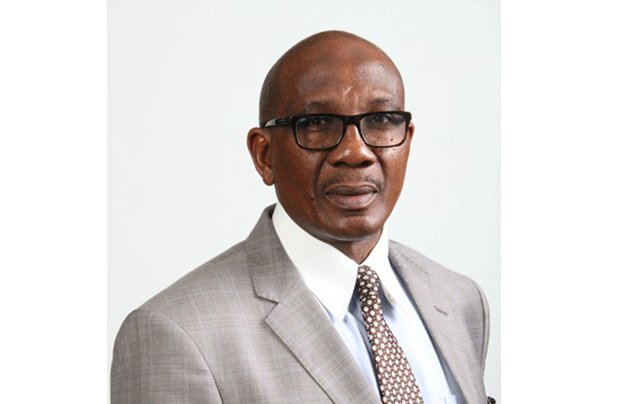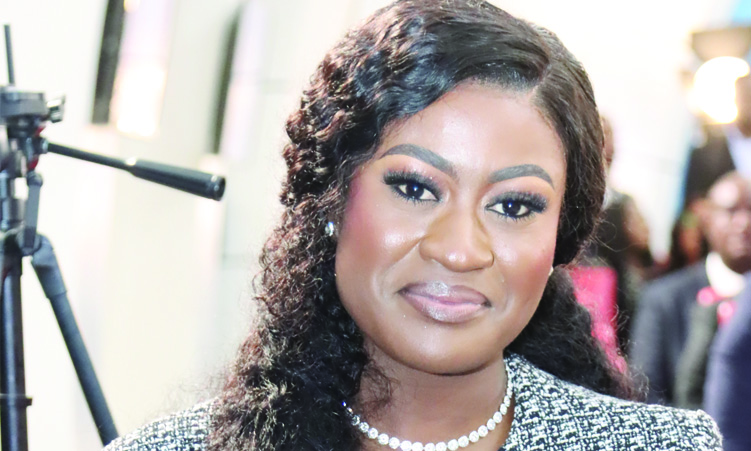ENERGY minister Tom Alweendo has called on SADC member states to pool efforts to deal with the severe water and energy shortages in the region.
The minister, who was speaking at the joint meeting for ministers responsible for energy and ministers responsible for water last Friday in Windhoek, stated that the region needs to work on solutions to combat the impacts of climate change.
“We need to ensure that decisions that we are taking are changing the lives of our people in addressing the energy and water issues, and subsequently the overall sustainable development goals,” the minister said.
He noted that in terms of regional cooperation, the region has enabled a competitive electricity market in the region through the continued strengthening of the Southern African power pool (SAPP).
Other efforts have been made on energy and water programmes and projects since the start of the regional cooperation, and this include the establishment of domestic energy and electricity regulators, as well as the regional electricity regulators association (RERA), which provides a platform for effective cooperation between regulators.
The minister said other efforts include “the establishment of the Southern African Development Community (SADC) Centre for Renewable Energy and Energy Efficiency (SACREEE) to promote market adoption of sustainable energy technologies and services, and the introduction of independent power producers which injected much-needed private capital investment to expand generation capacity.
Speaking at the same platform, agriculture minister Alpheus !Naruseb said since last year, Namibia is committed to regional integration through trans-boundary water cooperation and regional energy cooperation to ensure the security of water and energy supply.
“I am also cognisant of the fact that my colleagues coming from the water and energy sectors in SADC are equally committed to water and energy security initiatives in their respective countries. Investing in water and energy infrastructure in the SADC region does not only have positive economic benefits, but also provides trade-offs and security, as well as reduces poverty levels in the region,” he added.
The minister said because Namibia is not water and energy-secure, it will not be able to supply its own citizens with reliable water supply and energy. This will thus heavily impact on the country’s socio-economic development, with the same being said about the region.
SADC’s deputy executive secretary for regional integration, Thembinkosi Mhlongo, reiterated that the region is facing a number of multiple challenges related to energy and water security, lack of access and unaffordability, which have crippling effects on the region’s economies.
“For example, according to the 2018 SADC renewable energy and energy efficiency status report, access to electricity in most member states is below 50%, compared to 55% for the sub-Saharan Africa region,” he said.
– charmaine@namibian.com.na; Twitter; Char_Ngatjiheue.
Stay informed with The Namibian – your source for credible journalism. Get in-depth reporting and opinions for
only N$85 a month. Invest in journalism, invest in democracy –
Subscribe Now!










